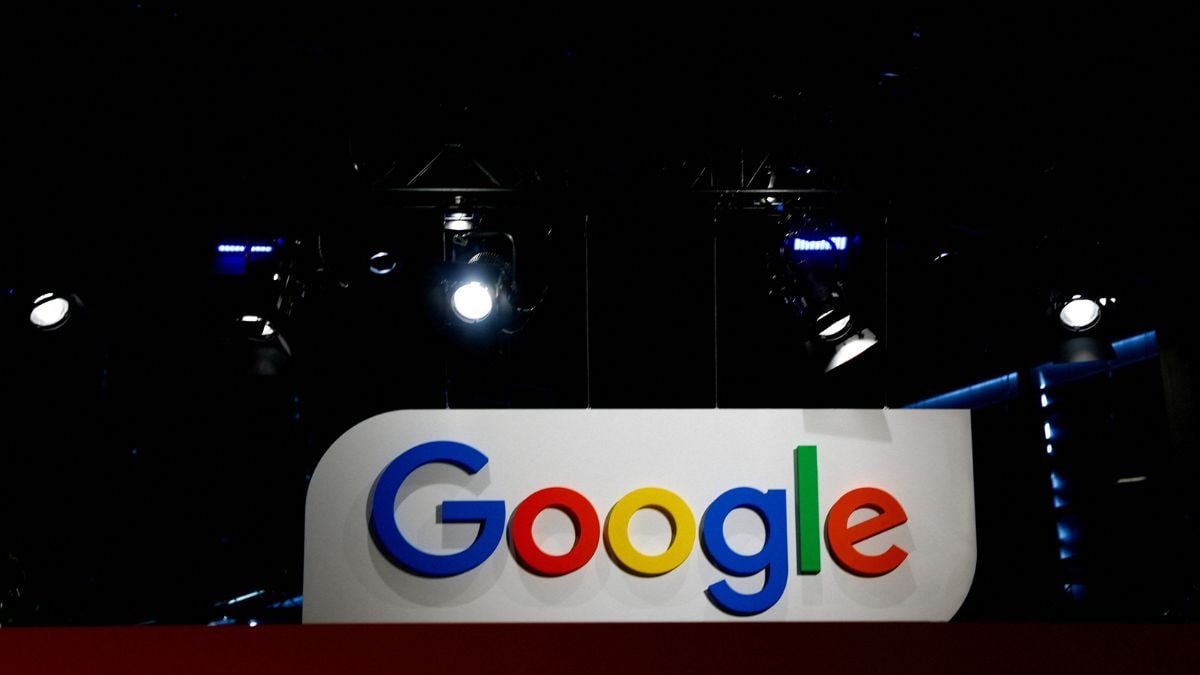Alphabet’s Google is moving the team behind its Gemini AI assistant app to its DeepMind research lab, continuing a plan to consolidate the company’s various groups working on Artificial Intelligence (AI).
The search giant is simplifying its structure to “keep increasing the pace of progress” of AI development, Chief Executive Officer Sundar Pichai said in a blog post on Thursday. He also announced that Prabhakar Raghavan, the most senior leader of Google’s search and ads units, is leaving the role after four years helming the company’s flagship businesses. Raghavan will step into a new role as Google’s chief technologist, Pichai said.
Nick Fox, a veteran Google executive who acted as a search deputy under Raghavan, will step into the role leading the company’s search, ads, maps and shopping services.
Long the dominant search engine globally, Google has battled the perception for the last two years that it’s lagged behind the likes of Microsoft, OpenAI and other startups in rolling out new generative AI tools and services. Yet, as it works to stay competitive with new entrants upending search, it must also take care not to cannibalise its core profit machine. In his announcement, Pichai framed the reorganisation as a way to streamline the company’s progress in AI.
Over the last six months, Google has been consolidating its AI-focused teams, seeking to improve the Gemini models to challenge the likes of OpenAI and Anthropic. In April, the firm moved its models, research and responsible AI teams to the DeepMind division. Soon after, it merged DeepMind with Google Brain, a rival research unit within the company.
DeepMind was founded in London in 2010 as an academic-style research lab, then acquired by Google in 2014. Executives say the lab has recently shifted away from its original mission and become more product-driven.
Both inside and outside Google, “so many of the leading research labs are actually product companies at this point,” said Eli Collins, DeepMind’s vice president of product, in an interview with Bloomberg News last month. He said DeepMind has had to “pick up the pace” to keep up with the rate of AI innovation.
Google has also been challenged by mounting antitrust scrutiny from federal officials. In August, Google lost a trial over claims by the US Justice Department that the company illegally monopolises online search and advertising markets.
In September, a trial covering the company’s alleged dominance over the technology used to buy and sell online ads concluded, with closing arguments scheduled for November. A decision in that case is expected by the end of the year.
© 2024 Bloomberg LP
(This story has not been edited by NDTV staff and is auto-generated from a syndicated feed.)
